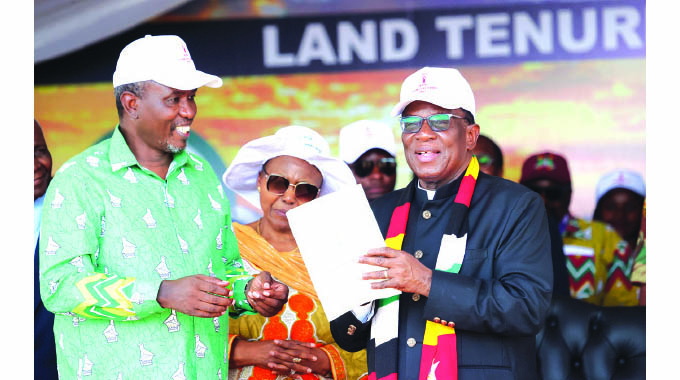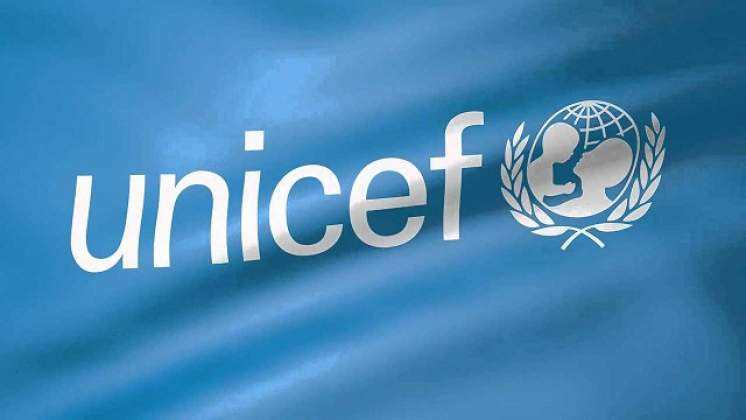Vaccine hesitancy, once largely associated with impoverished communities and apostolic sects, is now increasingly taking root among Zimbabwe's wealthy urban elite, sparking concern among health experts.
According to the 2024 WHO/UNICEF Estimates of National Immunization Coverage (WUENIC), around 34,000 children in Zimbabwe miss out on basic vaccinations each year. Experts warn that resistance to vaccines in affluent circles could undermine decades of public health gains.
Speaking at the Zimbabwe College of Public Health Physicians symposium in Harare, Dr. Lucia Takundwa Gumbo, a Health Specialist with UNICEF Zimbabwe, said the profile of vaccine objectors is shifting.
"We are witnessing an increased number of rich and elite vaccine objectors in Zimbabwe," Dr. Gumbo said. "I believe there is a need to come up with messaging that targets those who live on the other side of Samora regarding vaccinations."
She stressed the need for a modernised communication strategy that effectively reaches both elite communities and traditionally underserved populations.
"When we were growing up, we would hear messages about immunisations on the radio, and I would tell my mom, ‘Mama, they said they are going to inject children.' We don't hear those messages anymore. It passes by. We need intentionality in reaching all communities," she added.
A 2023 UNICEF Zero-Dose Assessment conducted in Harare, Bulawayo, and Chitungwiza found that vaccine hesitancy is not confined to marginalised groups. While misinformation, religious beliefs, and low-risk perception remain major factors, elite vaccine skepticism is emerging as a significant challenge.
In a separate interview, Dr. Rudo Chikodzore, UNICEF Zimbabwe's Health Specialist for Immunization and Public Health Emergencies, confirmed that the phenomenon is gaining ground.
"There is a growing population of elite vaccine-hesitant individuals, particularly in urban areas," she said. "Vaccine hesitancy has contributed to the high number of zero-dose children."
Dr. Chikodzore also noted that transient populations such as artisanal miners, contract farmers, and informal traders often face access barriers to vaccination. Rapid urbanisation and the expansion of informal settlements are compounding the problem, while health worker migration and retention issues threaten service continuity.
Regional figures highlight the scale of the challenge. In 2024, there were 948,000 zero-dose children across Southern Africa. Angola topped the list with 406,000, followed by South Africa with 278,000. Together, these two countries accounted for 72% of the region's unvaccinated children.
The WUENIC report noted that the absolute number of zero-dose children is influenced not only by immunisation programme performance but also by the size of a country's birth cohort. This means even countries with relatively high coverage rates can record large numbers of unvaccinated children.
Public health experts warn that without tailored, targeted interventions, Zimbabwe risks reversing progress in its immunisation coverage - with both the poorest and the wealthiest now contributing to the problem.
- Health Times
 Zimbabwe launches new airline
Zimbabwe launches new airline  Hichilema meets Chivayo
Hichilema meets Chivayo  Millions celebrate Diwali festival in India
Millions celebrate Diwali festival in India  SA bitcoin firm mulls Zimbabwe listing
SA bitcoin firm mulls Zimbabwe listing  Gold edges up as traders await guidance
Gold edges up as traders await guidance  Airlink applies for Lanseria to Harare, Bulawayo route
Airlink applies for Lanseria to Harare, Bulawayo route  Young Investment Professional (YIP) Graduate Programme 2019
Young Investment Professional (YIP) Graduate Programme 2019 











 Young Investment Professional (YIP) Graduate Programme 2019
Young Investment Professional (YIP) Graduate Programme 2019
Editor's Pick